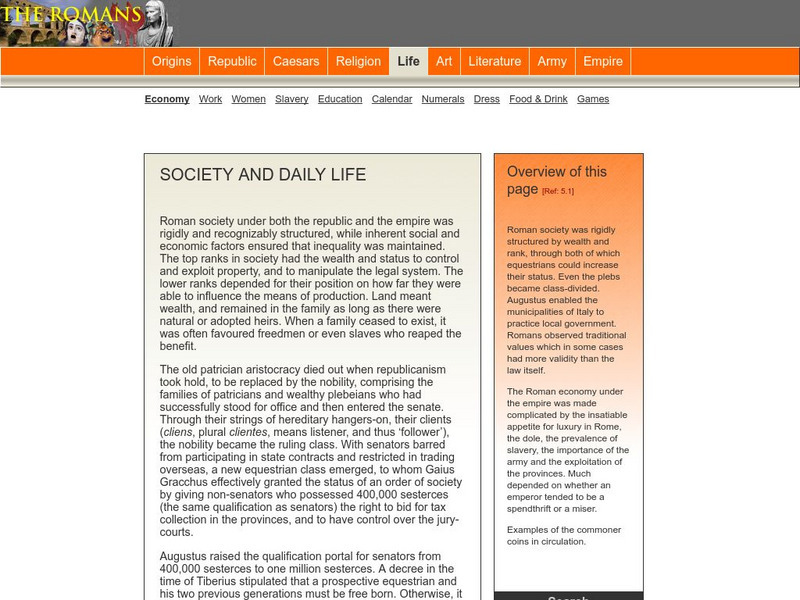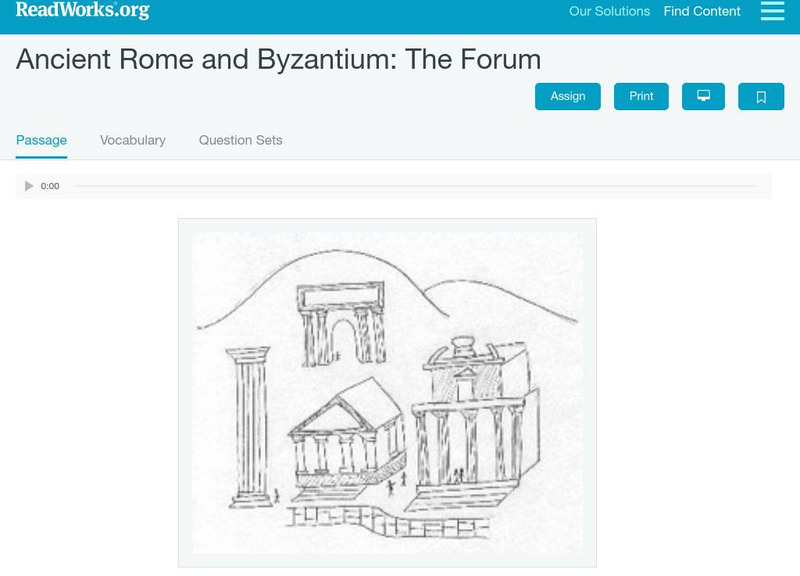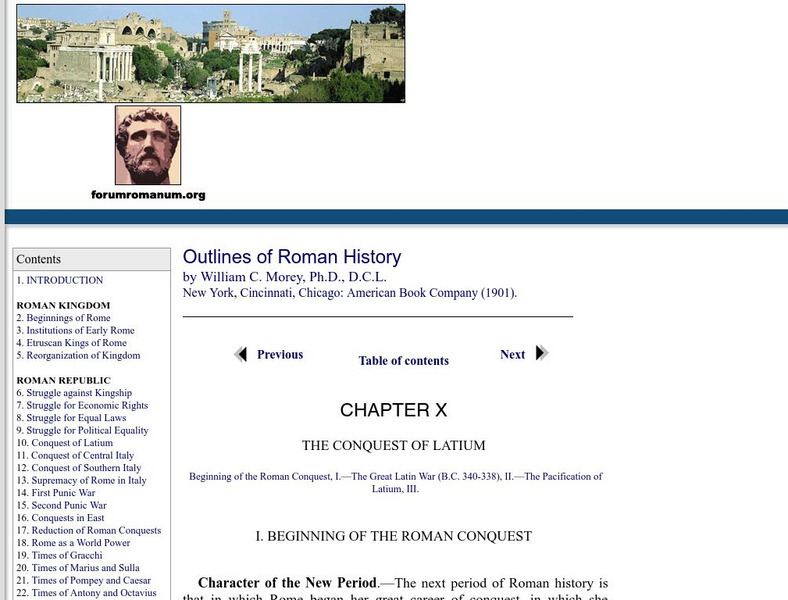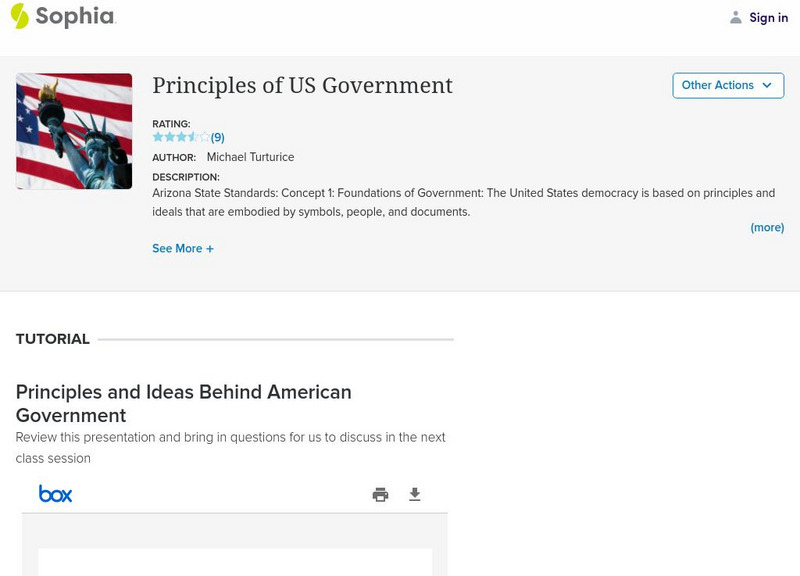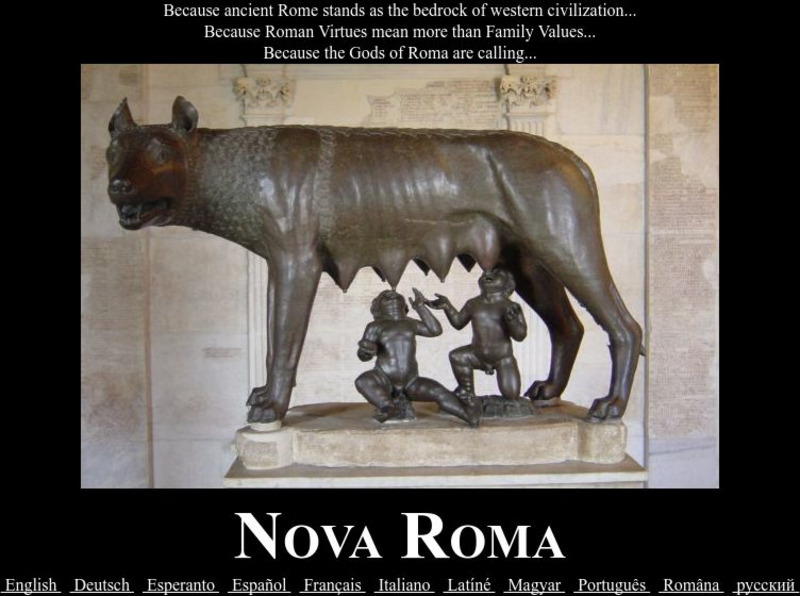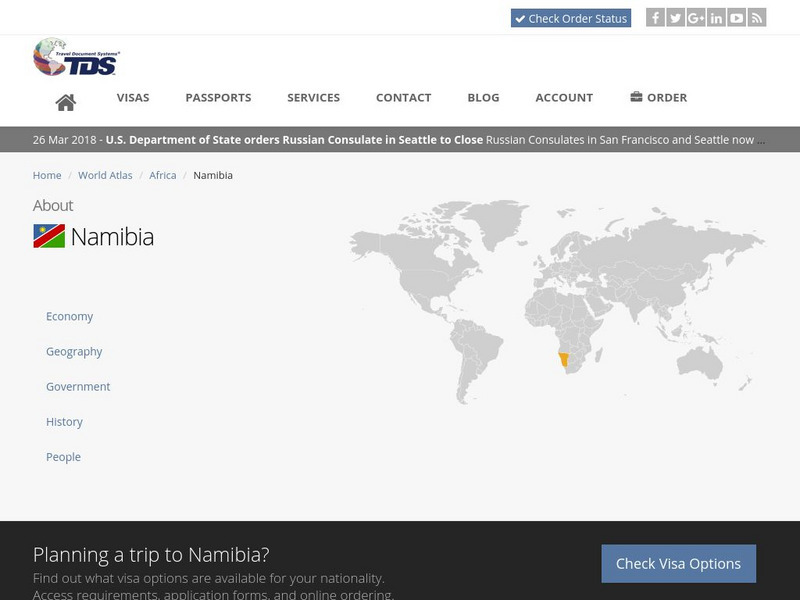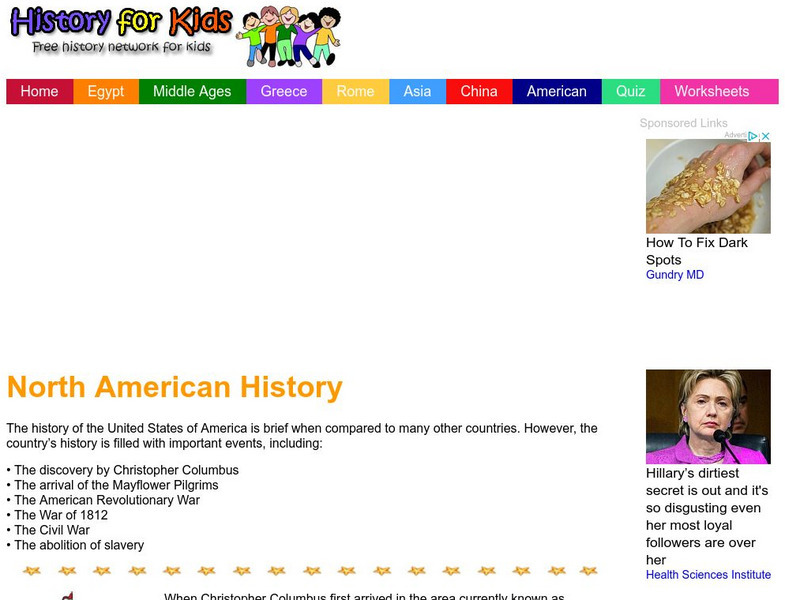PBS
Pbs: The Roman Empire of the 1st Century: Religion and Politics in Daily Life
In this lesson, students will examine various aspects of religion in ancient Rome including the role of mythology, polytheism versus. monotheism, the treatment of Jews and Christians, and the spread of Christianity. To guide their...
A&E Television
History.com: How Far Did Ancient Rome Spread?
Legend has it that Romulus and Remus -- twin brothers who were also demi-gods -- founded Rome on the River Tiber in 753 B.C. Over the next eight and a half centuries, it grew from a small town of pig farmers into a vast empire that...
Other
The Romans: Society and Daily Life
Roman society was rigidly structured by wealth and rank, through both of which equestrians could increase their status. Even the plebs became class-divided. Augustus enabled the municipalities of Italy to practice local government....
Constitutional Rights Foundation
Constitutional Rights Foundation: When Roman Law Ruled the Western World
A history of Roman law, culture and the development of Western European law codes. Includes questions for writing and discussion, small group activity and links to further reading.
Khan Academy
Khan Academy: Damnatio Memoriae Roman Sanctions Against Memory
Damnatio memoriae is a term we use to describe a Roman phenomenon in which the government condemned the memory of a person who was seen as a tyrant, traitor, or another sort of enemy to the state. The images of such condemned figures...
Read Works
Read Works: Ancient Rome and Byzantium the Forum
[Free Registration/Login Required] An informational text about the Roman Forum. A question sheet is available to help students build skills in reading comprehension.
Vroma Project
V Roma Project: Augustus and Tiberius: Historical Background
This resource presents detailed information, formatted in a timeline, about Augustus and his successor, Tiberius. It features coin evidence along with genealogy charts. Click the link for the diagram and slide show that describe the...
Forum Romanum
Outlines of Roman History: Reign of Augustus: New Imperial Government
In this passage from William Morey's 1901 textbook, he shows the changes Augustus made in the government of Rome as the empire was being established.
Forum Romanum
Outlines of Roman History: Conquest of Latium
Rome strengthens her position on the Italian peninsula, defeating her neighbors, and establishing a method of incorporating and governing colonies which she will use in her future expansion.
Forum Romanum
Outlines of Roman History: Etruscan Kings of Rome: Traditions of the Later Kings
This article gives a description of the important later Etruscan kings. The history is still based on legend, but the influence of the Etruscan people can be seen in the development of Rome.
University of Calgary
University of Calgary: Roman Domination of the Mediterranean
This map, which is provided for by the University of Calgary, displays the extent of the territories governed by the Roman Republic in 86 BC.
Forum Romanum
Outlines of Roman History: Reorganization of Empire: The Reign of Constantine
In this entry from William Morey's 1901 textbook you will read about Constantine and the changes he made that had a lasting effect on the Roman Empire.
Sophia Learning
Sophia: Principles of u.s. Government
Tutorial presents an introduction to the principles of the United States democratic government highlighting the differences and similarities between Roman and U.S. governments.
Other
Nova Roma
This site is dedicated to the study and restoration of ancient Roman culture. Site allows student to apply for Roman citizenship and live as a Roman! Delve into the religion, the philosophy, the virtues, the art, and more - of ancient Rome.
Forum Romanum
Outlines of Roman History: Equalization of the Orders
This article shows how, through debt, agrarian, and legislative reform, the patricians and plebeians finally form a united citizenship.
Forum Romanum
Outlines of Roman History: Second Secession and Its Results
Read about how the patricians finally understand the importance of the plebeians, who are then granted the right to pass laws for all and to intermarry with patricians.
Ducksters
Ducksters: History of Ancient Rome for Kids: The Roman Republic
Kids learn about the Republic of Ancient Roman. This complex government with laws and representatives voted on by the people laid the groundwork for modern democracy.
Utah Education Network
Uen: Emperor or President?
Lesson helps students trace attributes of the United States government to those of ancient Greek democracy.
Other
The Romans: Etruscan Influence
The wealthy Etruscans to the north occupy Rome and impose government by kings - we have the names of six (ignoring the mythical Romulus).
Travel Document Systems
Tds: Namibia: Government
Read about the government of Namibia from its independence in 1990 until the current time. You can find a list of the current government officials. Information is from the U.S. State Dept. Background Notes.
Other
United Nations of Roma Victrix: The Julian Marriage Laws (Nos. 120 123, Etc.)
In 18 BC, the Emperor Augustus turned his attention to social problems at Rome, one of which was adultery among the upper classes and that many couples who did marry failed to produce offspring because their romantic lives took...
Discovery Education
Discovery Education: Dictator for a Day
This is a lesson plan for better student understanding of life in ancient Rome. Students experience and analyze the pros and cons of a dictatorship.
Stephen Byrne
History for Kids: Etruscans
History for kids website presents an overview of the history of the pre-Roman Etruscan civilization who inhabited the area in modern day Tuscany. Students learn about government, military, culture and religion.
The Dirksen Congressional Center
Congress Link: Lesson Plans
The Dirksen Congressional Center provides abundant lesson plans on all aspects of the US Congress and the US Constitution. All lessons contain time frames, objectives, and links to material, and are built around Bloom's taxonomy.




